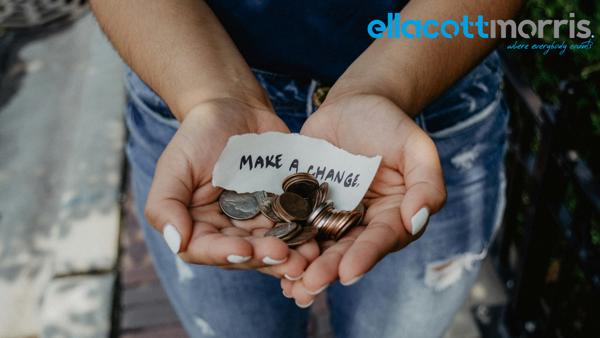
In our increasingly ‘virtual’ world, it’s no surprise that even assets now come in digital form.
Whilst commonly referred to as cryptocurrency, these digital forms of exchange, such as Bitcoin, Ethereum, Tether, Litecoin, Dash and Ripple are in fact officially classified as assets and not currency. HMRC categorise them as Utility Tokens, Exchange Tokens and Security Tokens.
Never one to delay, HMRC is incredibly active when it comes to the taxation rules surrounding cryptoassets, with the UK being one of the first countries to impose a tax on this form of investment.
Whilst many people view cryptoassets as a high-risk investment, Bitcoin (BTC) was worth 641million dollars as of June this year.
But, if you do dabble or invest heavily in crypto, do you understand your tax responsibilities?
Unlike Forex and HFX, which are classed as forms of gambling and therefore not subject to tax on winnings, cryptoassets are taxable. If you invest as an individual, then any gains over the current annual exemption threshold of £12,300 would be subject to Capital Gains Tax (CGT). This would need to be declared as part of your self-assessment tax return. If, however you are trading as a business, then normal income tax levies would apply.
Tax is applicable when you ‘crystalise’ your assets – when you dispose of them. This could be when you use your cryptoassets as payment for goods or services, exchange them for a different token type, give them away or sell them for fiat money or stablecoins. Cryptoassets are treated as ‘property’ when it comes to inheritance tax.
Your tax exposure would be based on the profit from your investment, so costs incurred such as transaction fees, advertising costs, professional services relating to your trade or valuation costs can all be offset against your total profit.
Calculating your profit can be complex and confusing, especially if you have bought and sold in various batches at different times. At Ellacott Morris, this is something we can help you with, ensuring you don’t pay unnecessary amounts in tax, helping to maximise your investment.
It is essential to retain accurate records relating to your ‘tokens’ including, cryptoasset type, transaction dates, number of units, transaction values in pound sterling, state of the tokens (bought or sold), a cumulative total of all crypto investment units held, wallet address/es and of course your bank statements.
As with any investment, such as bonds, shares, property or business – cryptoassets can be lucrative depending on your timing. To see who this year’s cryptocurrency tycoons are, take a look at www.forbes.com/sites/johnhyatt/2021/04/06/the-cryptocurrency-tycoons-on-forbes-2021-billionaires-list/?sh=53533dbf25e2
If you are thinking about trading in cryptoassets or you already have a portfolio but need help calculating your profits, then contact our tax experts for advice and support.





